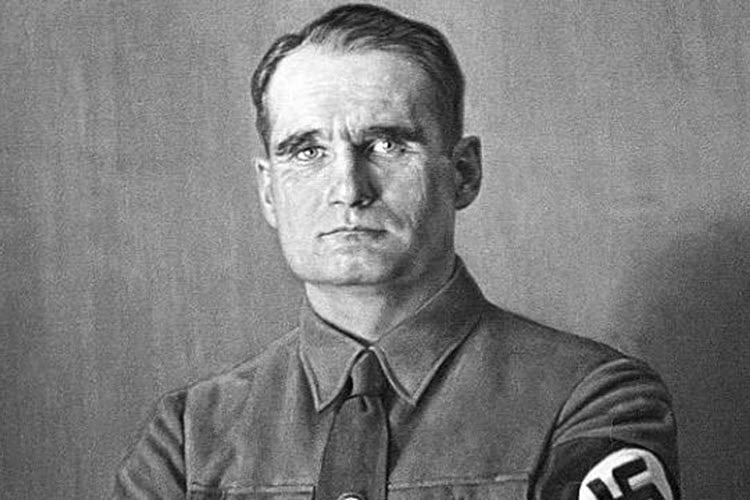Walter Rudolf Hess (17 March 1881 – 12 August 1973) was a Swiss physiologist. He was awarded the Nobel Prize in Physiology or Medicine in 1949.
Life and Career
He was born on 17 March 1881, in Frauenfeld, Switzerland. He received his education in the field of medicine. He studied medicine at the University of Lausanne and received his medical degree in 1906.
After completing his medical degree, he worked as a physician and researcher in Switzerland, studying the autonomic nervous system and the physiological responses of the body to different stimuli.
Hess later joined the faculty at the University of Zurich, where he taught physiology and conducted groundbreaking research on the hypothalamus and its role in regulating the autonomic nervous system. He continued to work at the University of Zurich until his retirement in 1951.
Hess’s work primarily focused on the autonomic nervous system, which controls involuntary bodily functions such as breathing, heart rate, and digestion. He discovered that the hypothalamus, a region at the base of the brain, plays a crucial role in regulating the autonomic nervous system. He also showed that electrical stimulation of certain areas of the hypothalamus could produce a range of responses, such as changes in blood pressure, heart rate, and respiration.
Hess’s discoveries revolutionized our understanding of the nervous system and its role in controlling bodily functions. His work paved the way for further research into the brain and its functions, and his insights continue to influence modern neuroscience today.
In addition to his research and teaching, Hess also served in various leadership roles in the scientific community. He was the president of the Swiss Physiological Society from 1926 to 1927, and he served as the president of the International Union of Physiological Sciences from 1949 to 1953.
He was also an advocate for collaboration and international cooperation in scientific research, and he played a key role in the establishment of the International Brain Research Organization.
He died on 12 August 1973, in Locarno, Switzerland.
Award
He was awarded the Nobel Prize in Physiology or Medicine in 1949, which he shared with Antonio Egas Moniz, for their work on the functional organization of the brain.

